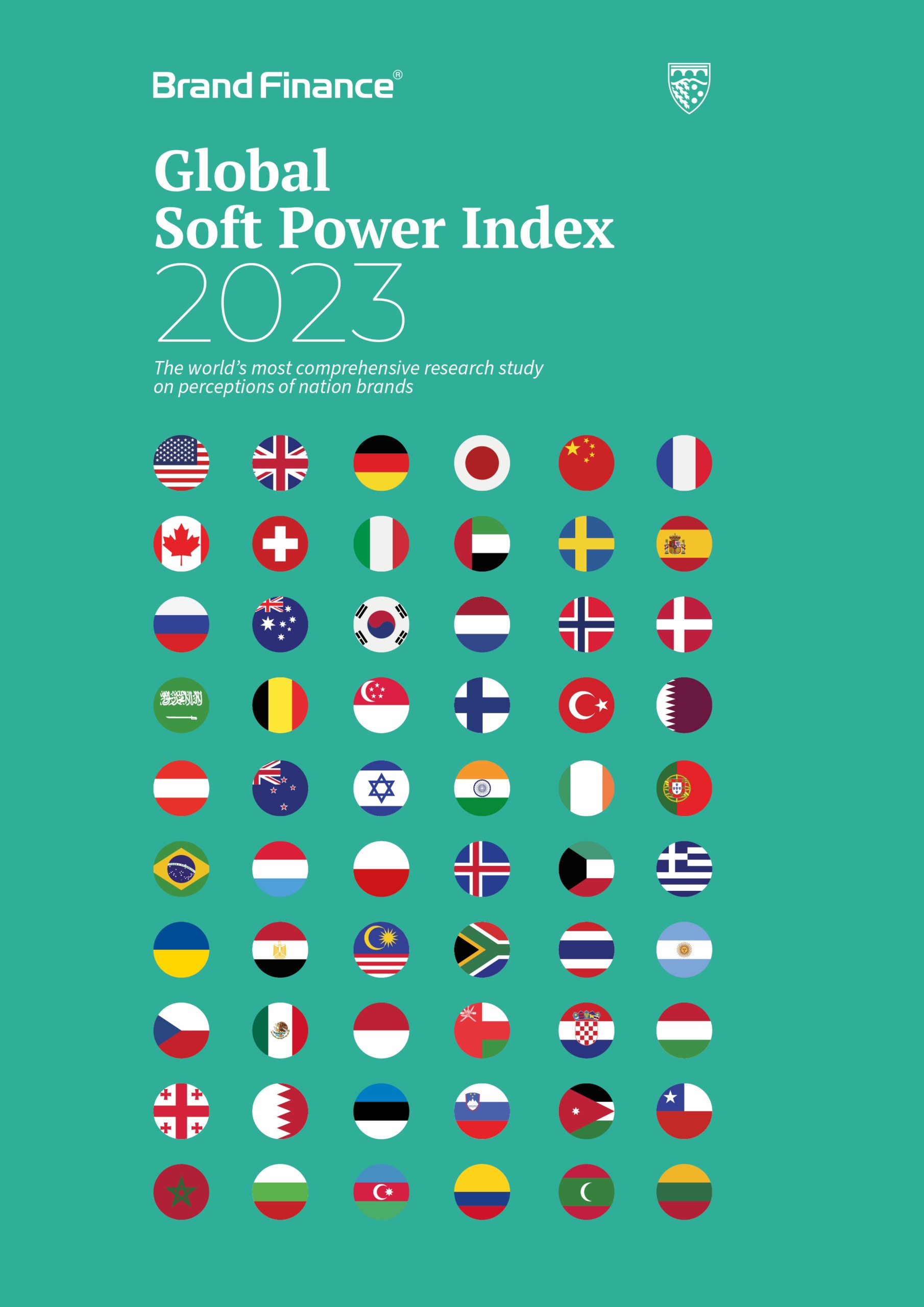This article was originally published in the Global Soft Power Index 2023.

As our world becomes increasingly interconnected and globalised, the importance of Soft Power in international affairs cannot be overstated. The use of Soft Power has become a critical component of foreign policy for nations around the world, as they seek to build positive relationships with other countries, promote their values and interests, and achieve their strategic objectives through non-coercive means.
This is even more important when some nations use military force to impose their will on other nations.
This annual report into Soft Power covers the ability to influence others through attraction or persuasion rather than coercion. It encompasses a wide range of tools, including business and trade, governance, international relations, culture and heritage, media and communication, education and science, the character of the nation and the promotion of its values.
This year, we are also looking more closely at environmental sustainability. Soft Power enables countries to shape the perceptions and attitudes of other nations, build trust and cooperation, and advance their own interests without resorting to military force.
One of the key advantages of Soft Power is that it allows countries to achieve their goals through peaceful means. In contrast to hard power, which relies on military strength and coercion, Soft Power enables nations to win hearts and minds through dialogue, cultural exchange, and cooperation.
This can be particularly effective in building relationships with countries that may be suspicious or hostile towards one’s own nation. By demonstrating goodwill and promoting mutual interests, countries can build trust and create a more stable and peaceful international environment.
Another important aspect of Soft Power is its ability to foster economic development and prosperity. Nations can leverage Soft Power to attract foreign investment, enhance trade, promote tourism, and invite talent. All of those can help create jobs and boost economic growth in both partner countries.
However, Soft Power is not without its challenges and limitations. It requires significant investments in education, culture, and diplomacy, and may not always yield immediate results.
In addition, Soft Power initiatives may be undermined by domestic policies or actions that are perceived as hypocritical or inconsistent with the values being promoted. Moreover, Soft Power may not be sufficient to address certain challenges, such as terrorism, which may require the use of hard power.
Despite these challenges, the importance of Soft Power in international affairs cannot be ignored. In a world where power is increasingly defined by intangible factors such as reputation, influence, and values, Soft Power has become an essential tool for achieving strategic objectives and promoting international cooperation. It is up to policymakers, diplomats, and citizens alike to recognise the potential of Soft Power, and to invest in the tools needed to wield it effectively. Only by embracing Soft Power can we build a more peaceful, prosperous, and just world for ourselves and future generations.
Join us, and many of the world’s leading Soft Power experts, as we consider the opportunities and risks ahead.

